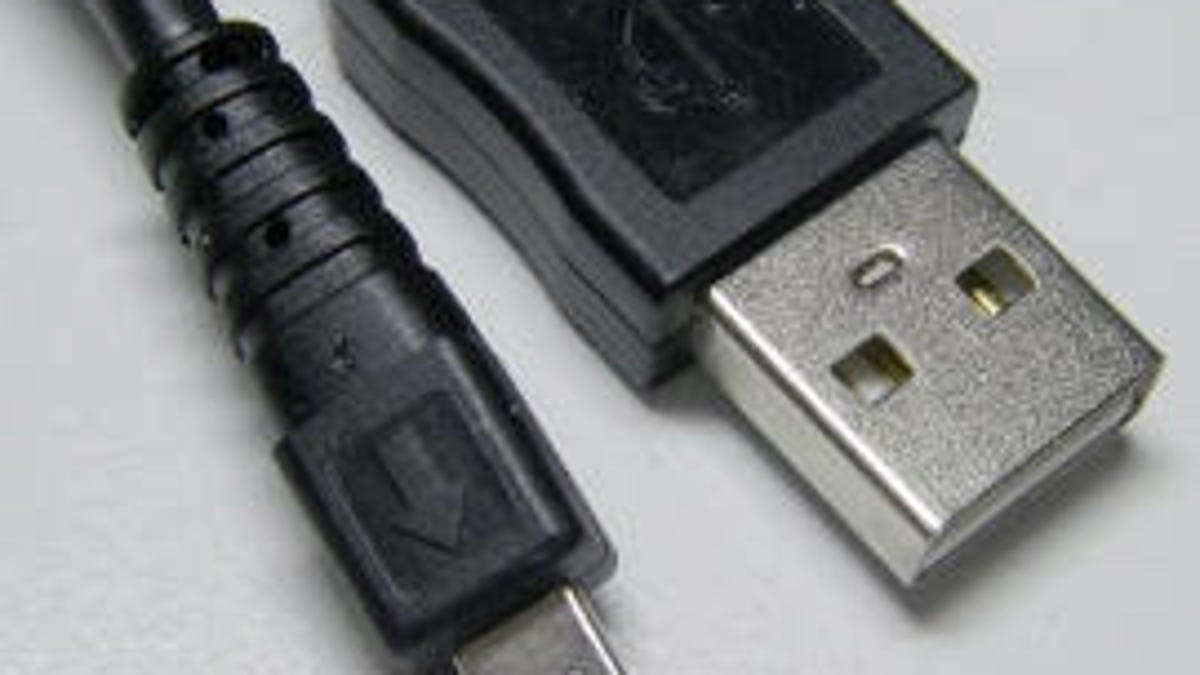EU plugs away on universal cell phone chargers
The European Union says it has received a sample of a charger that will be used by 14 handset makers across the continent sometime in the not too distant future.

Consumers in the European Union will soon have a single charger standard for a slew of mobile phones.
DigitalEurope, the continent's largest digital tech organization, has delivered a sample of a universal mobile phone charger to European Commission vice president Antonio Tajani. The EU said that the sample now paves the way for consumers to get their hands on devices that support the universal charger in the very near future.
"I welcome the rollout of new chargers for mobile phones based on the new EU standard," Tajani said in a statement accompanying the announcement. "This is genuine good news for the European consumer. Now we await the arrival of the new charger and compatible mobile phones on the shelves."
Tajani stopped short of providing a timetable for the release of the compatible devices, but he did request that participating companies "speed up their introduction in the market to enable citizens throughout the EU to enjoy the advantages of a common charger as soon as possible."
In December, the European Union published technical standards related to the use of such a charger with "data-enabled mobile phones." That standard requires participating companies to use Micro-USB connectivity or an adapter if their phones don't support that interface.
The EU was able to get 14 companies to sign a memorandum of understanding in 2009 to make their devices compatible with the standard. Motorola Mobility, Nokia, Research In Motion, and several other companies signed on. Perhaps most surprisingly, Apple also agreed to make its devices compatible with the standard.
Reducing electronic waste is a key component in the EU's decision to move forward with a universal charger. The organization's Web site for the initiative says that the average consumer currently "acquires a new charger and disposes of the current one, even if it is in perfect condition" when they get a new mobile phone.
The EU's standard could also be a cost-cutting opportunity for vendors. Many printers sold today don't come with a USB cable, which means customers need to find one on their own in order to connect the device to their computers. It adds an extra step to the buying process, but saves vendors on cable expenses. If the mobile industry follows suit, it might not be long before they too decide against including micro-USB cables in their packaging.

